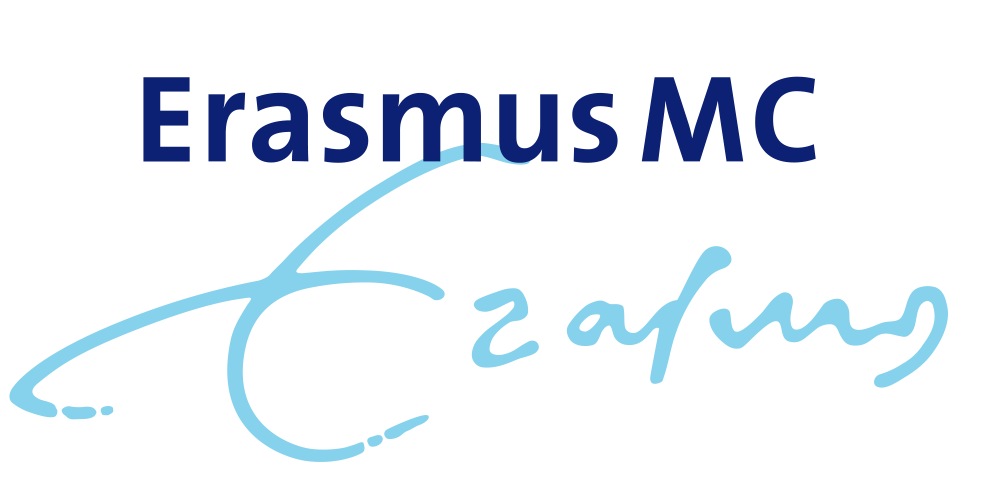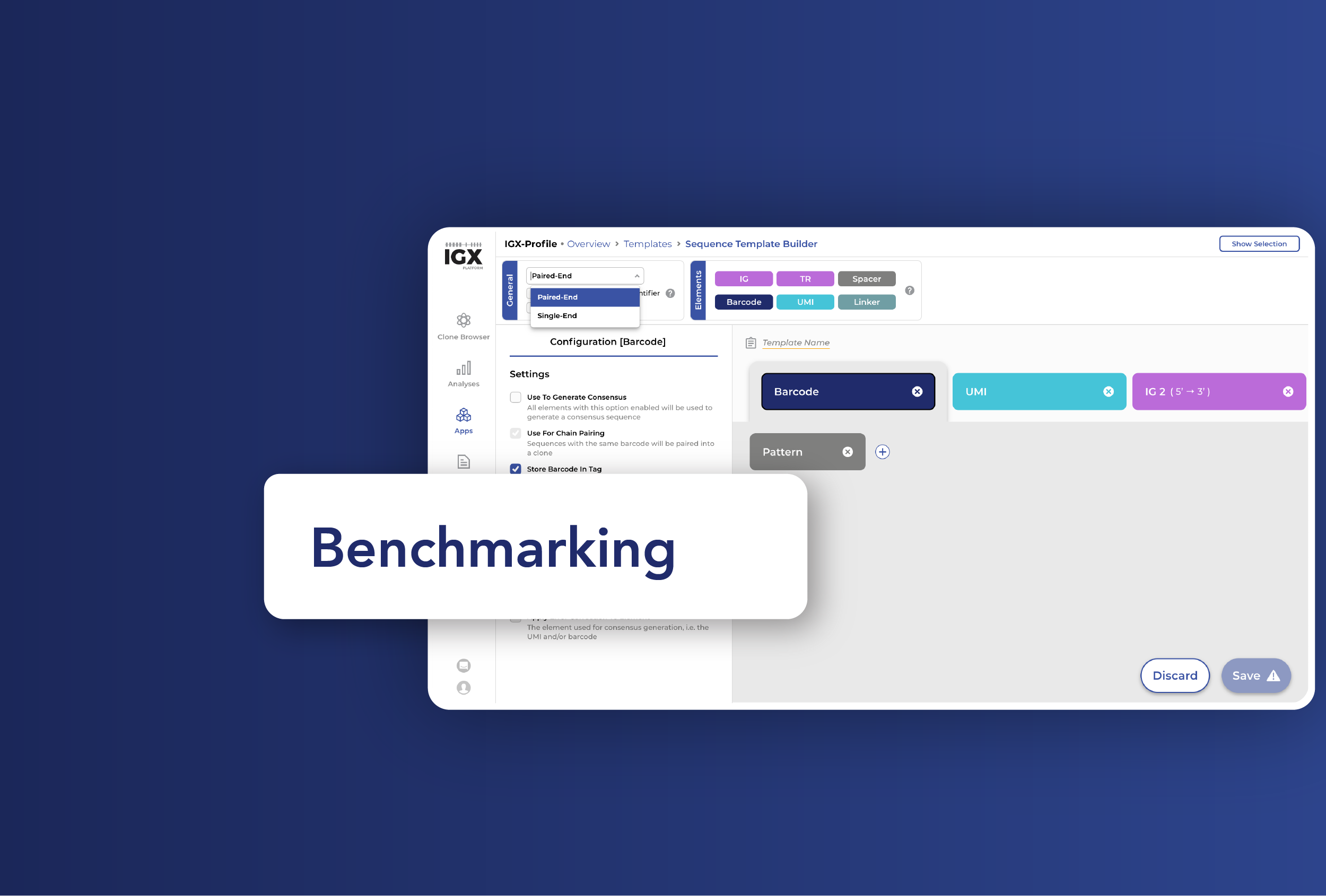Navigating the immune repertoire: A deep dive into applications, workflows, and new sequencing chemistries
Immune repertoire sequencing can be used in many research fields to generate novel insights and accelerate drug discovery. However, applying this technology effectively can be challenging, and faulty protocols can have a dramatic effect on the results. Utilizing robust library preparation and sequencing methods, combined with reliable data analysis, is crucial to obtain valuable insights for research, translational medicine, and clinical purposes.
Join industry experts from Illumina, Cerba Research, and ENPICOM for an in-depth discussion about Rep-Seq applications and challenges, advances in sequencing chemistries and data analysis, and their impact on future research.
- Applications of repertoire sequencing in immuno-oncology and beyond
- How to establish and test robust library preparation, sequencing, and analysis workflows
- Rep-Seq data analysis challenges and how to overcome them
- NextSeq™ 1000/2000 Reagents (600 cycles) vs MiSeq™ Reagent Kit v3 (600-cycle)
Meet the speakers
Specializing in next-generation sequencing and antibody genes, Robin’s focus at Illumina revolves around cutting-edge applications of DNA sequencing. With a background in tissue-specific DNA methylation patterns, his expertise enhances innovative approaches in genomic research.
Robin Bombardi
Senior Scientist at IlluminaGoran completed his PhD at the University of Amsterdam in 2014 and later worked as a postdoc at the Weizmann Institute of Science. He then focused on immunomodulatory therapy for myocardial infarction before joining Cerba Research as an immunologist.
Goran Marinković
Immunologist at Cerba Research
Dr. Henk-Jan van den Ham leads contract research and collaborative projects at the interface of immunology, bioinformatics, and software engineering. He has a background in biomedical sciences, a PhD in bioinformatics of the immune system, and has post-doc experience in virus-host interactions.
Henk-Jan van den Ham
Head of Research at ENPICOMTrusted by industry leaders















